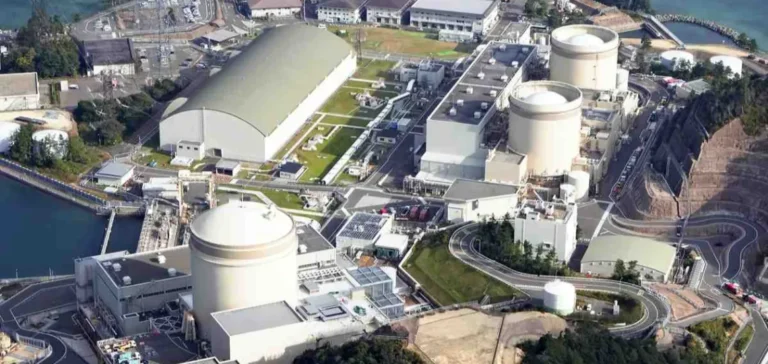Kansai Electric Power plans to resume in November feasibility studies for a new nuclear reactor at its Mihama plant in western Japan. These activities had been suspended in 2011 following the accident at the Fukushima Daiichi plant operated by Tokyo Electric Power, after the Tōhoku earthquake. This restart marks the first concrete initiative toward new nuclear construction since that event.
A study extended through 2030 under post-Fukushima regulations
The studies will continue through 2030 and will begin with extensive geological surveys inside and around the site to identify suitable areas for construction. These will be followed by assessments of topography and ground conditions. Kansai Electric stated that this new round of studies will be more comprehensive than the ones conducted in 2010 to comply with strengthened safety regulations adopted after 2011.
The company will incorporate the results into a broader assessment that will also consider technological developments in advanced light-water reactors, nuclear safety policies and the prevailing business environment. No final decision timeline has been announced regarding potential construction.
A project aligned with broader industrial coordination
The Mihama site includes three units: Units 1 and 2 are being decommissioned, while Unit 3 remains operational. The new project could replace the retired capacity, although Kansai Electric has not yet specified the planned configuration.
Since 2022, Kansai Electric has been part of an industrial project led by Mitsubishi Heavy Industries and three regional electricity providers: Kyushu Electric Power, Shikoku Electric Power and Hokkaido Electric Power. Together, they are developing a next-generation reactor, the SRZ-1200, with a capacity of 1.2 gigawatts. The project is part of a government-supported effort to revitalise the nuclear industry through public investment and modernisation initiatives.
Public funding supports the nuclear revival
The restart of surveys at Mihama comes amid a context of public investment backing the recovery of Japan’s nuclear sector. Although still at the feasibility stage, the project could eventually benefit from state financial support, in line with government strategies for critical energy infrastructure.
Sources close to the project indicated that discussions between local Fukui authorities and the central government will be pivotal to the project’s progress. The Ministry of Economy, Trade and Industry (METI) is closely monitoring the technical development of the SRZ-1200 consortium, aiming to align it with the country’s national energy policy.






















